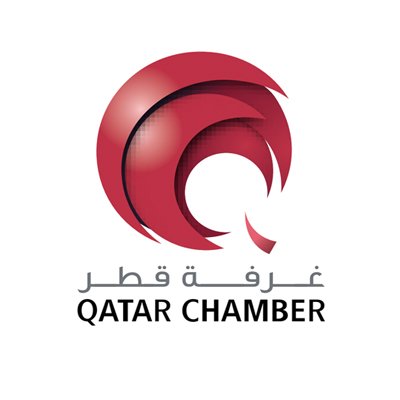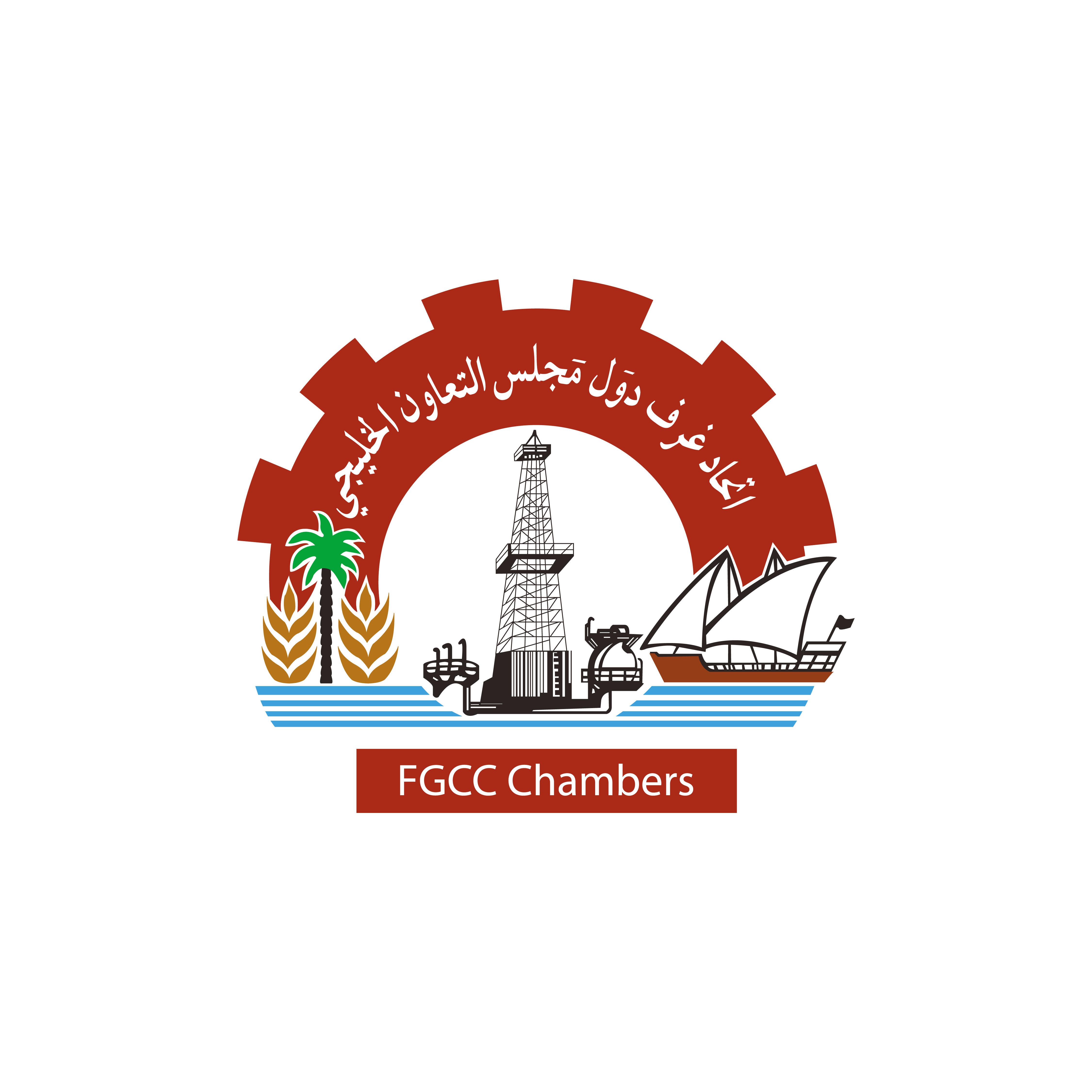The economic, trade and investment relations between the State of Qatar and Britain achieved a qualitative leap and remarkable development at various levels over the past years. These relations are expected to be more firmly established after the current visit of His Highness the Amir of State of Qatar Sheikh Tamim bin Hamad Al Thani, which is part of his European tour.
Indicators and steps taken by the two countries over the past year, including the determination to launch a strategic dialogue, illustrate that the two sides are keen to give economic relations greater impetus in the coming period by searching for new partnership axes that include various fields in light of Qatar’s keenness to strengthen and develop its relations with various countries of the world, and Britain’s endeavor to diversify its economic partners, especially after its exit from the European Union.
This partnership witnessed development and growth that goes back all the way to the beginnings of the oil exploration phase in the Gulf region, when British companies played a key role in the development of the oil and gas industry in the countries of the region, including Qatar. Thus, British companies became a strong presence in various economic activities, including industry, commerce, tourism and financial services.
These historical and strong relations between the two countries have prompted every effort to strengthen them. The meetings and forums were important stations for building a real partnership that serves the interests of the two countries in light of the opportunities available in the investment and trade sectors, such as the Qatar and UK Business and Investment Forum in London and Birmingham in March of 2017, which strengthened the Qatari presence in the British market in energy, infrastructure, services and real estate sectors. It represented a valuable opportunity for British companies to learn about the most important investment opportunities available in many sectors in the State of Qatar.
In turn, the agreements and treaties between the two parties provided the appropriate framework to further enhance means of cooperation in various fields, which are supported by the huge balance of Qatari assets, both public and private, in Britain, as the volume of investments is estimated at about 40 billion pounds, making it among the largest investors in the United Kingdom.
Qatar owns Harrods, the Shard and Canary Wharf buildings in the heart of the British capital. Doha also acquired a stake in the London Stock Exchange, in addition to the success of Qatar Investment Authority in acquiring 22 percent of Sainsbury’s stores and 5.9 percent of Barclays Bank.
These strategic relations between the two countries also translated into a number of mega projects and cooperation and partnership agreements that primarily include the energy sector, as the South Hook LNG terminal, which has been launched more than 12 years, is a major pillar of this partnership and an example to follow in building a relationship that serves the interests of both sides.
The Qatari gas industry secures 20 percent of Britain’s consumption at the level of individuals and companies. It is expected that this cooperation will be strengthened with the British government’s desire to increase its gas imports within the framework of diversifying sources of supply to range between 70-80 percent between the years 2030- 2040, according to the latest reports in the field.
In light of this data, the United Kingdom has become one of the most important and strongest trading partners of Qatar, as the volume of trade exchange between the two sides increased in 2021 by about 51.4 percent compared to 2020, reaching around $4.54 billion, which supported the position of the United Kingdom as the seventh commercial partner of Qatar, in addition to the strong presence of British companies in the Qatari market, where the number reaches 1,119 companies.
In a step that enhances the course of trade and investment relations, which is reflected in mutual economic and social development, the United Kingdom opened, in late December last year, an office in the headquarters of its embassy in Doha, dedicated to financing British exports to meet the requirements of major projects in Qatar.
For its part, Qatari private investments play a major role in the UK economy by investing in the hospitality sector, such as the Ritz Hotel in London, whose acquisition value was estimated at about 700 million pounds.
Chairman of Qatar Chamber HE Sheikh Khalifa bin Jassim Al Thani told Qatar News Agency that the visit of HH the Amir to the United Kingdom opens broad prospects for further cooperation in various fields, especially with regard to trade and investment cooperation, as the United Kingdom is an important trading partner for Qatar and there is a common desire to develop trade and investment cooperation between the two sides.
He added that Qatar has close and distinguished cooperation relations with the United Kingdom, especially in the trade and economic fields. This is reflected in the continuous growth in trade and investment relations, he explained, pointing out that the trade exchange between the two countries amounted to about QR16.6 billion in 2021 compared to QR10.9 billion last year, a growth rate of more than 52 percent.
He highlighted the growth of investment relations between the two countries in recent years, which includes various sectors such as real estate, hospitality, banking, aviation, capital markets, and others. In contrast, British investments in Qatar vary to include sectors such as energy, industry, shipping, health, education, trade and contracting, as hundreds of British companies are present in the Qatari market.
Today, the two countries stand on the threshold of a new phase of cooperation and economic partnership in light of the developments, trends and development visions for both sides, which will contribute to strengthening, deepening and expanding the frameworks and fields of this partnership in order to achieve their future goals and ambitions.
For his part, Economist James Swanston at Capital Economics said that enhancing economic cooperation between Qatar and the UK will contribute to alleviating the unprecedented levels of inflation in the UK. He noted that Qatar increased its LNG exports to the UK by 10 percent in February, March, and April. He added that this increase will be reflected in the coming months, in the form of alleviating the energy prices crisis in the UK.
On the role Qatar can play in enhancing energy security in the UK in light of the current global crisis, Swanston said that Qatar’s announcing its plan to increase natural gas in a five-year plan will enhance its ability to meet the needs of the UK market, and the European market in general. He told QNA that signing agreements to import LNG from Qatar now can balance the expected deficit resulting from the embargo on Russian oil and gas as a result of the war in Ukraine, which he stressed was something very important for the UK.
On the scope for economic cooperation between Qatar and the United Kingdom, he said that bilateral cooperation saw big growth recently, and added that there was still more room to enhance cooperation, especially in terms of bilateral trade and investments.
He said that he expects bilateral trade to increase between the two sides, especially after the UK’s exit from the EU. He said the UK is looking to establish free-trade zones, and that the GCC will be one of these zones. He added that the opening of an office for financing UK exports in Doha is an indication of London’s commitment to enhancing bilateral trade and investment. He said that the of office will provide more options supported by the UK government, with the goal of supporting the establishing of major projects all over the world and supplying those projects with World class UK products and services.
He also said that holding a strategic dialogue between Qatar and the UK proves the two sides’ commitment to enhancing cooperation, particularly in trade and investment. He noted that Qatari investments in the UK are worth 40 billion pounds, and the increase in bilateral trade to $4.54 billion before the end of last year also confirms the scale of economic ties between the two countries.


